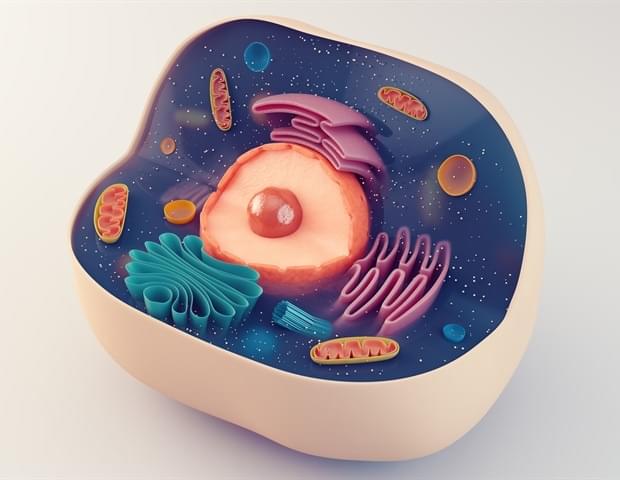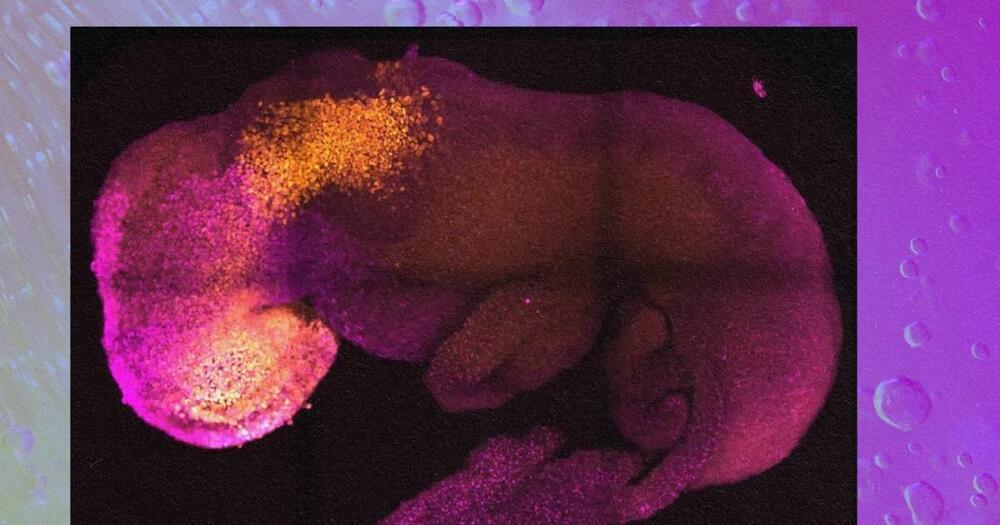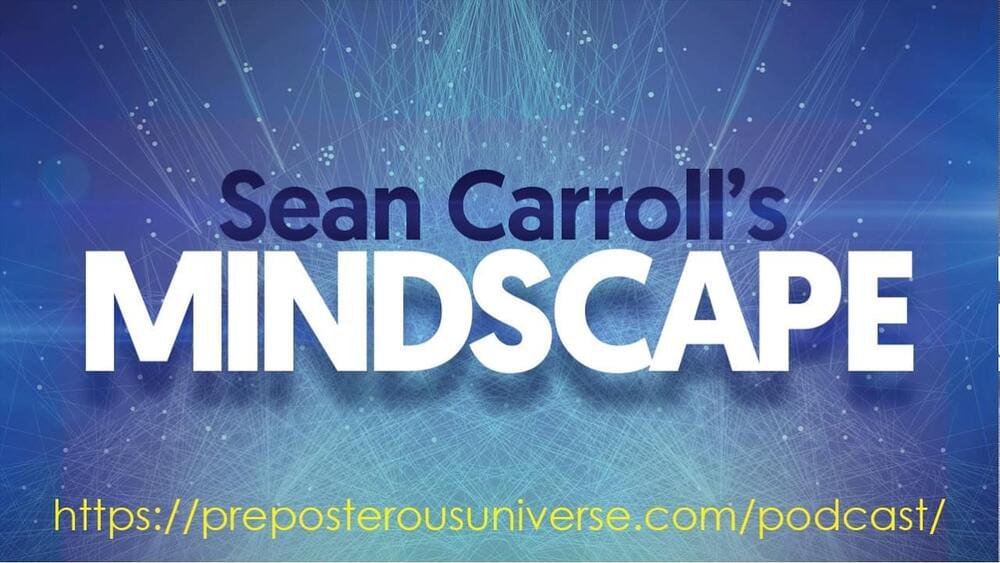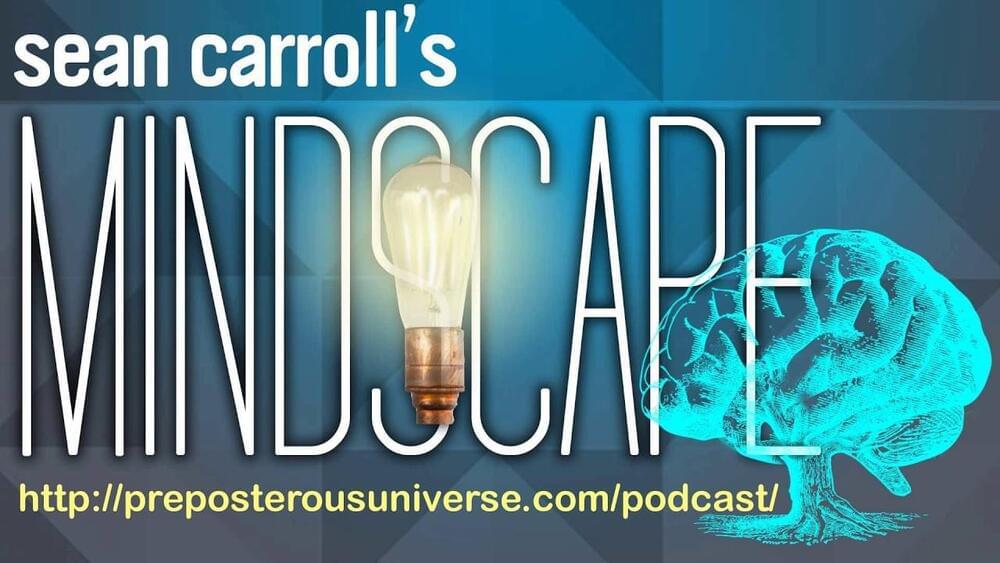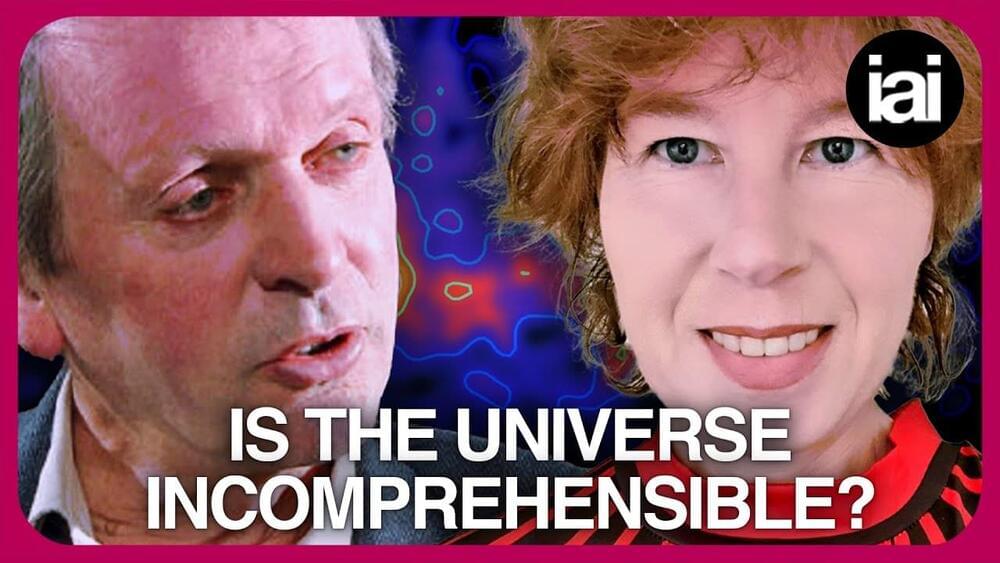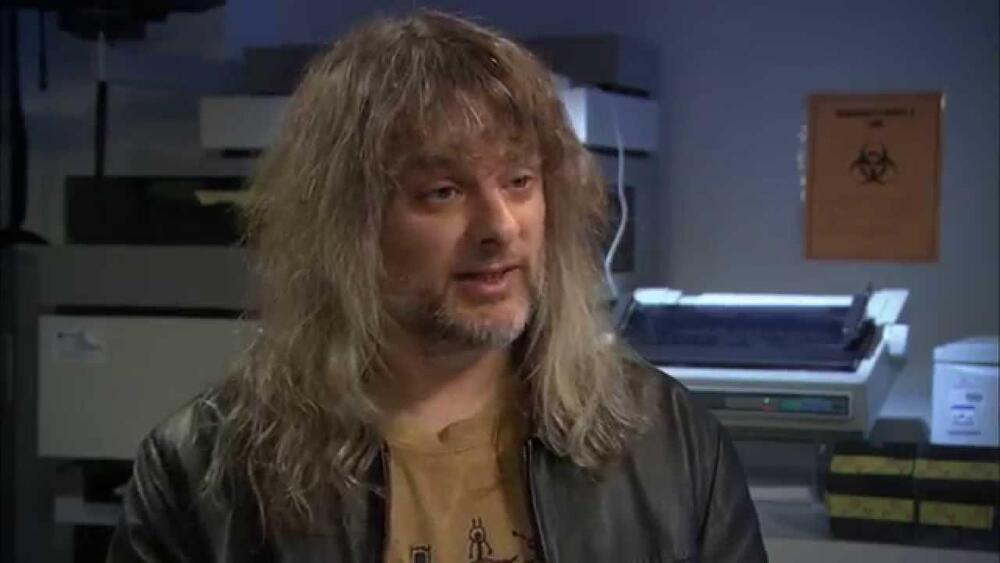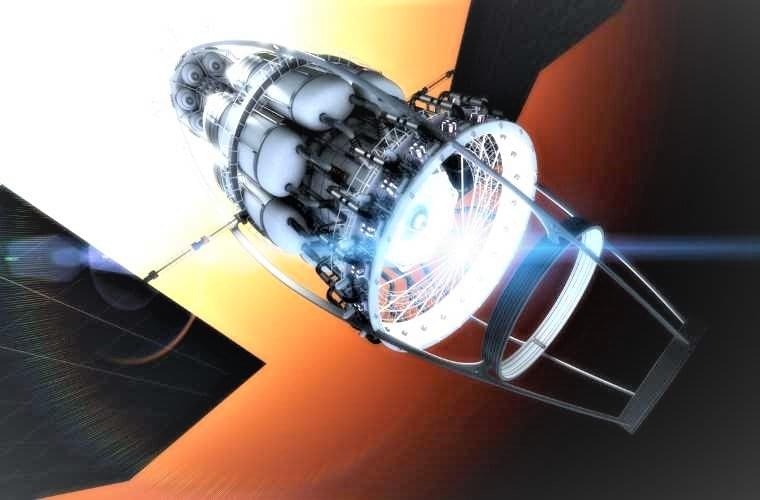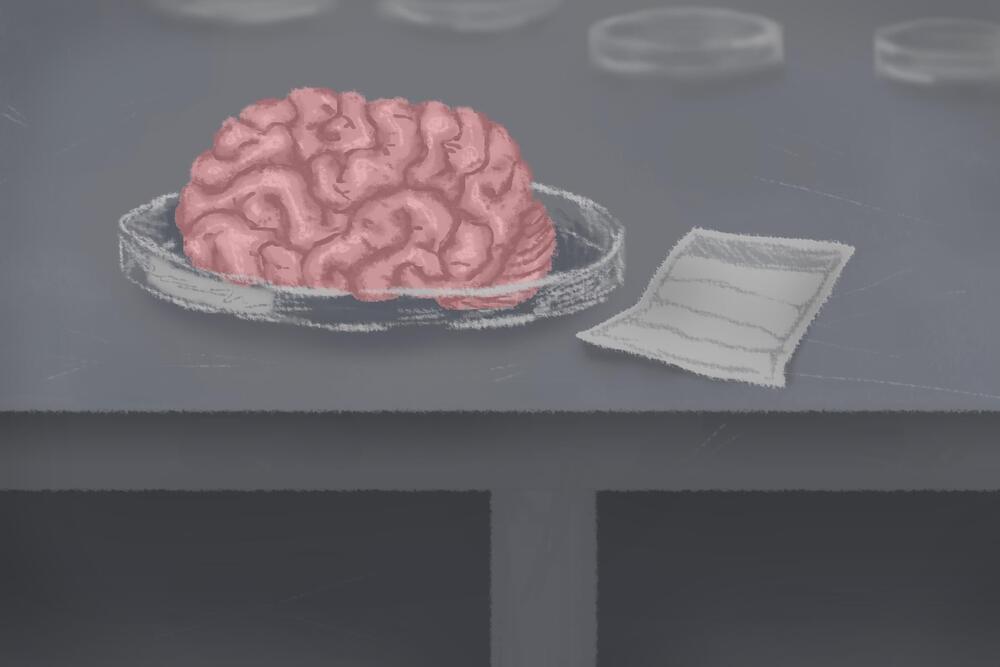
University of Michigan researchers published a study detailing a new method for making brain organoids, or miniature lab-grown brains used in neuroscience research, last June. Previously, the most common method for creating human brain organoids relied on Matrigel — a substance made of cells from mouse sarcomas — to provide structure for the organoids, but the new method uses an engineered extracellular matrix composed of human-derived proteins.
The lack of cells from other species in the new organoids means they more closely resemble actual human brains, opening up research possibilities on neurodegenerative diseases such as Alzheimer’s and Parkinson’s. U-M alum Ayse Muñiz, who worked on the research as part of her Ph.D. thesis while at the University, said in an interview with The Michigan Daily that having organoids with only human cells is advantageous for translational research — the process of turning knowledge from lab research into something with real-world applications.
“When you’re doing translational research, having contamination from other species will limit your ability to translate this into the clinic,” Muñiz said. “The presence of other species basically elicits immunogenic responses, and can just be a limitation for scale and other things like that. And so here now that you’ve taken that out, it makes the path to translation a lot easier.”
